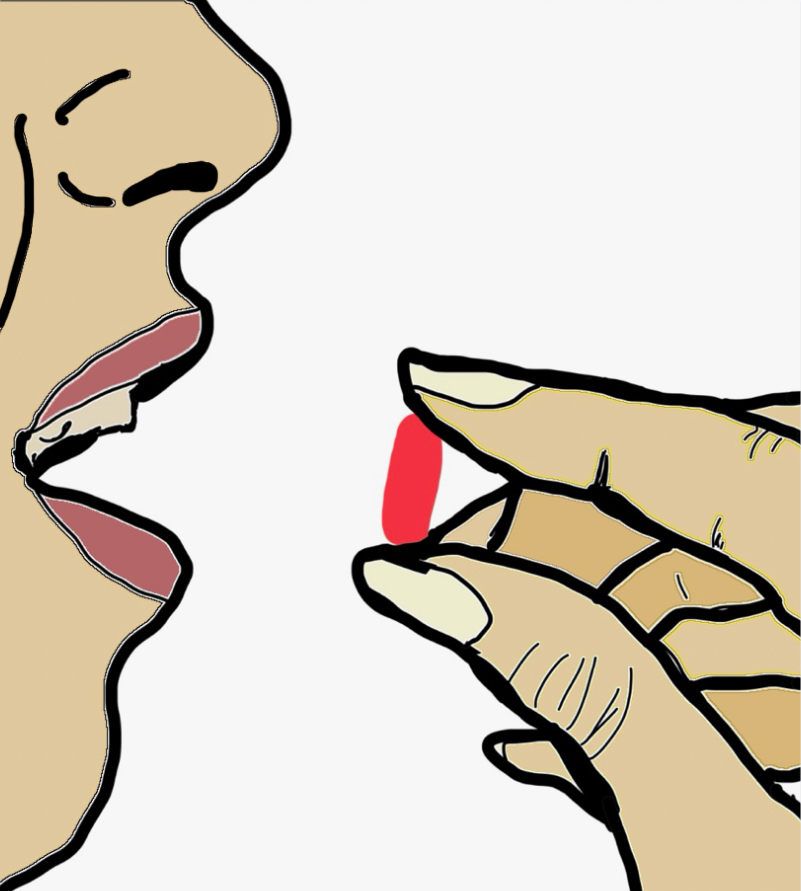10 High-Protein Foods That Have More Protein Than Eggs
When it comes to healthy high-protein foods, eggs often make the list. But between the declining availability and rising prices, you've likely had to scale back on them. Fortunately, there are plenty of protein sources to choose from, and some have more protein than eggs. We asked nutritionists to share their top picks for high-protein foods that aren't eggs—listed below in descending order—along with ideas for eating them at home. Some are unexpected, others more obvious; all are protein-packed and delicious.
You'll get about 7 grams of protein for every ¼ cup of nuts, according to Stacy Cleveland, MS, RDN, LD, registered dietitian at The Ohio State University Wexner Medical Center. Nuts also offer essential nutrients, including unsaturated ("good") fats, fiber, magnesium, and zinc.
For the healthiest option, choose plain nuts sans added salt or sugar, says Cleveland. You can always roast and flavor nuts at home, which will allow you to control the ingredients.
Getty Images
An unexpected food with more protein than eggs is guava, a sweet tropical fruit. It offers an impressive 8 grams of protein per 2 cups, according to Susan Greeley, MS, RDN, registered dietitian and instructor of plant-based culinary arts at the Institute of Culinary Education in New York City. Additionally, guava (like most fruits) contains fiber, making it a delicious option for balancing blood sugar, per Greeley.
Compared to eggs, beans are cheaper and higher in protein. For example, ½ cup of black beans contains 8 grams of protein, according to Cleveland. Beans are also rich in fiber, a key nutrient for satiety, digestion, and gut health. To top it off, both dried and canned beans last longer than eggs, making them a shelf-stable alternative.
One cup of cooked quinoa has approximately 8 grams of protein, according to data from the USDA. The whole grain also provides gut-friendly fiber, folate, and magnesium, according to the experts at Harvard T.H. Chan School of Public Health.
Fuel up on protein, calcium, and probiotics with Greek yogurt. Depending on the brand, a single 5-ounce package offers 11 to 15 grams of protein, making it a great snack or complement to a meal, says Cleveland. Choose yogurt that is low in added sugar (less than 8 grams) for the healthiest choice, suggests Cleveland.
If you're not a fan of yogurt, reach for cottage cheese. Not only does it offer 15 grams of protein per ½ cup, but it's also "a great source of calcium, potassium, phosphorous, and vitamin B2," per Greeley.
Getty / Robynne O'Halloran
Another food with more protein than eggs is edamame, or young soybeans. Nosh on just ½ cup and you'll get 19 grams of protein, according to data from the USDA. Edamame also contains omega-3 fatty acids, per Greeley. These fats help manage blood cholesterol and reduce inflammation, making them vital for overall health.
One can (107 grams) of tuna packed in water contains 20 grams of protein, according to the experts at the USDA. It's also "high in omega-3 fatty acids, which support heart and brain health, [and] contains selenium and vitamin D," shares Lina Begdache, PhD, RDN, CNS-S, CDN, FAND, registered dietitian and associate professor of health and wellness studies at Binghamton University. Plus, canned tuna is shelf-stable and inexpensive, making it a budget-friendly alternative to eggs.
A 3-ounce serving of grilled boneless and skinless chicken breast provides a whopping 26 grams of protein, per the experts at the USDA. What's more, it's "rich in B vitamins, especially niacin and B6, which support energy metabolism and brain health," share Begdache.
A top choice for high-protein foods is tempeh. One cup offers 34 grams of protein, per the experts at the USDA. Made of fermented soybeans, tempeh also provides probiotics and supports gut health, explains Begdache. Furthermore, tempeh is "high in fiber, calcium, and iron," she adds.










